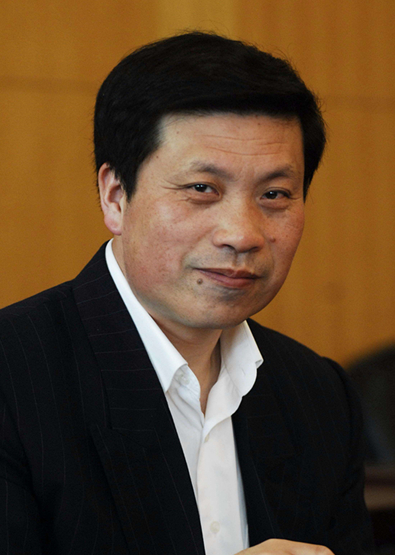
| Prof. Xiaoyan GaoTianjin University of Finance and Economics, China Research Areas: Rural finance, green finance, energy finance Introduction: Gao Xiaoyan, Professor, Doctor of Economics, doctoral supervisor, Director of Tianjin Bohai Economic Research Association, Special Researcher of Tianjin Property Rights, special expert of Agricultural Development Office of Tianjin Finance Bureau, Special Expert of Green Finance Professional Committee of All-China Environmental Protection Federation, Special Researcher of Shijiazhuang Municipal Government. |
| Prof. Shuhua ZhangTianjin University of Finance and Economics, ChinaResearch Areas: Financial mathematics, numerical solution of partial differential equations Introduction: He has completed 3 projects of the National Natural Science Foundation, 1 project of the National 973 Project "Quantitative Analysis and Calculation in Financial Risk Control" "Financial Derivative Pricing Model and Calculation", 2 projects of the Ministry of Education and 1 project of Tianjin Natural Science Foundation. At present, he is in charge of 1 project of the National Natural Science Foundation, 1 project of the National Major Scientific Research Plan, and 1 project of the National Social Science Foundation. He has published more than 60 SCI retrieval papers and 1 English monograph in the internationally renowned journal "SIAM J. Numer. Anal." and his research team has been awarded the Tianjin Innovation Research Team. |
| Assoc. Prof. Tomoki FUJIISingapore Magenement University, SingaporeResearch Areas: Development, Environment, Applied econometrics, Health Statistics |


